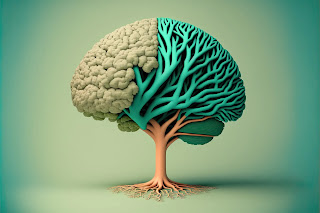EMOTIONAL INTELLIGENCE.
"Emotional
intelligence is the ability to observe one's own and other people's emotions,
distinguish between different emotions and label them appropriately, and use
emotional information to guide thinking and behavior."
- Peter Salovey and John Mayer –
Accordingly,
emotional intelligence is the ability to perceive, use, understand, manage, and
manipulate emotions. People with high emotional intelligence can recognize
their own emotions and the emotions of others. The term emotional intelligence
was created by two researchers, Peter Salovey and John Mayer in their article
“Emotional Intelligence” in the journal Imagination, Cognition, and Personality
in 1990. It was later popularized by Dan Goleman in his 1995 book Emotional
Intelligence.
When
emotions run high, they change the way our brains work, diminishing our
cognitive abilities, decision-making power, and even interpersonal skills.
Understanding and managing our emotions and the emotions of others helps us be
more successful in both our personal and professional lives. There,
the concept of emotional intelligence is very important.
At
a personal level, emotional intelligence helps us:
·
Have uncomfortable conversations without
hurting feelings.
· Manage
our emotions when stressed or feeling overwhelmed.
· Improve
relationships with the people we care about
At
work, emotional intelligence can help us:
· Resolve
conflicts.
· Coach
and motivate others.
· Create
a culture of collaboration.
· Build
psychological safety within teams.




No comments:
Post a Comment